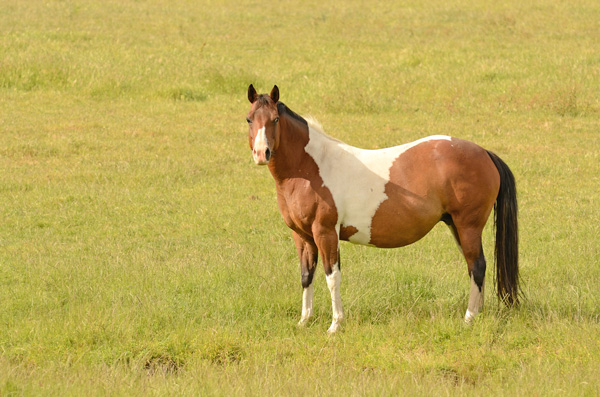
Kentucky Equine Research conducted a study to compare the digestibility of corn oil, dry fat and rice bran and evaluate them as energy sources for exercised horses. The complete article can be read here: An Evaluation of Corn Oil, Rice Bran and Refined Dry Fat as Energy Sources for Exercised Thoroughbreds. The following summary was supplied by KER staff.
This study was conducted to compare the digestibility of several fat sources (dry fat, rice bran, corn oil) and evaluate how well they functioned as energy sources for horses during exercise.
Apparent fat digestibility was similar between all three supplemental fat sources and significantly higher than the control treatment. The estimated fat digestibility of each fat source was very high (88-94%) and not significantly different. There was little problem with palatability with any of the fat sources.
Lactate was significantly lower in the rice bran treatment compared to the corn oil treatment post-exercise. Lactates in the control and dry fat treatments were similar throughout exercise.
Heart rates during the gallop were significantly lower in the control and rice bran horses compared to the dry fat and corn oil treatments. There was also a trend for heart rate to be lower in the rice bran treatment than in the corn oil treatment during the eight-minute canter.
The results of this study suggest that fat from corn oil, rice bran and refined dry fat can be used effectively in rations for exercising horses. The vegetable oil fats appeared to affect triglyceride mobilization and/or clearance, and this was probably due to a change in lipoprotein lipase activity in the adipose tissue and muscle.
Feeding rice bran resulted in lower lactate accumulation and lower heart rates during exercise compared to corn oil. More research is needed to determine the reason for these differences.
This report of KER’s 1999 research was published in Proceedings of the 16th Equine Nutrition and Physiology Society Symposium.


